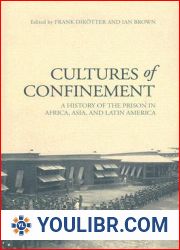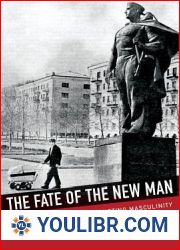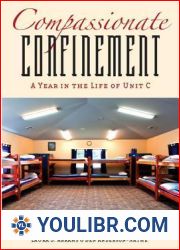
BOOKS - Prison Terms: Representing Confinement During and After Italian Fascism (Toro...


US $7.87

453159

453159
Prison Terms: Representing Confinement During and After Italian Fascism (Toronto Italian Studies)
Author: Ellen Nerenberg
Year: June 30, 2001
Format: PDF
File size: PDF 13 MB
Language: English
Year: June 30, 2001
Format: PDF
File size: PDF 13 MB
Language: English
In this ground-breaking work, Ellen Nerenberg offers an analysis of the confinement experience in Italian narrative between 1930 and 1960, the last fifteen years of Fascism and the fifteen that followed. Nerenberg diverges from the notion that a radical break from Fascism coincided with Mussolini's fall, instead revealing a disturbing continuity of social restraints following World War II. Drawing on critical discourses of architectural design, urban planning, and cultural geography, Nerenberg offers readings of Buzzati, Piovene, de Cespedes, Banti, Morante, Pratolini, and Gadda. Not limiting herself to prisons, she also explores military barracks, convents, brothels, and homes as carceral homologue. In a surprising investigation of the male body as defined by the architectural space of the barracks and the discursive practices of military guides and journals, she challenges the notion circulated during Fascism of a homogenous model of masculinity. She also probes the social and symbolic positions of women in relation to confinement, the law, power, and liberty. In a chapter titled and "House Arrest, and " she treats the ominous space of the home as a homologue for prison wherein and "women are induced into criminality. and " A study of literal and literary spaces during and after Italian Fascism, this work examines the ways in which Fascist cultural and discursive practices and ideology endure in other guises past the fall of the Regime.














































